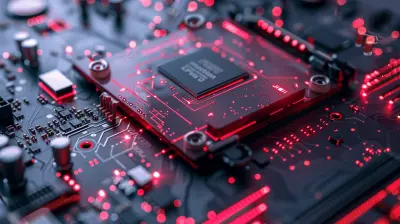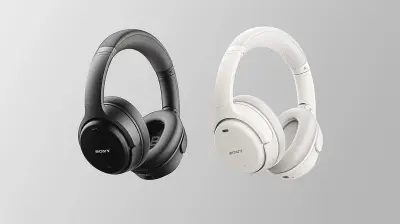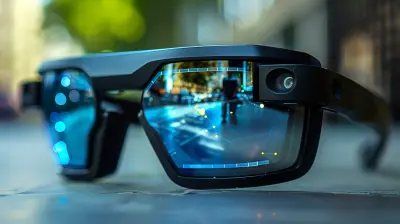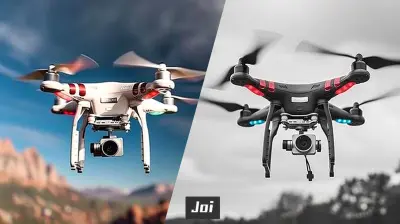Portable Consoles: Are They Catching Up to Their Bigger Counterparts?
6 June 2025
Let’s face it—gaming has changed a lot over the years. The days when you were glued to your couch, controller in hand, staring at a giant TV screen hooked up to a console the size of a small microwave? They're still here, sure, but now... now we've got options. Enter the era of portable consoles.
From playing pixelated bricks on the original Game Boy to exploring vast open worlds on devices like the Steam Deck and Nintendo Switch, it’s wild how far we’ve come. The big question floating around lately? Are portable consoles catching up to their bigger, bulkier, and more powerful home-bound siblings?
Well, buckle up, because we’re diving into that today.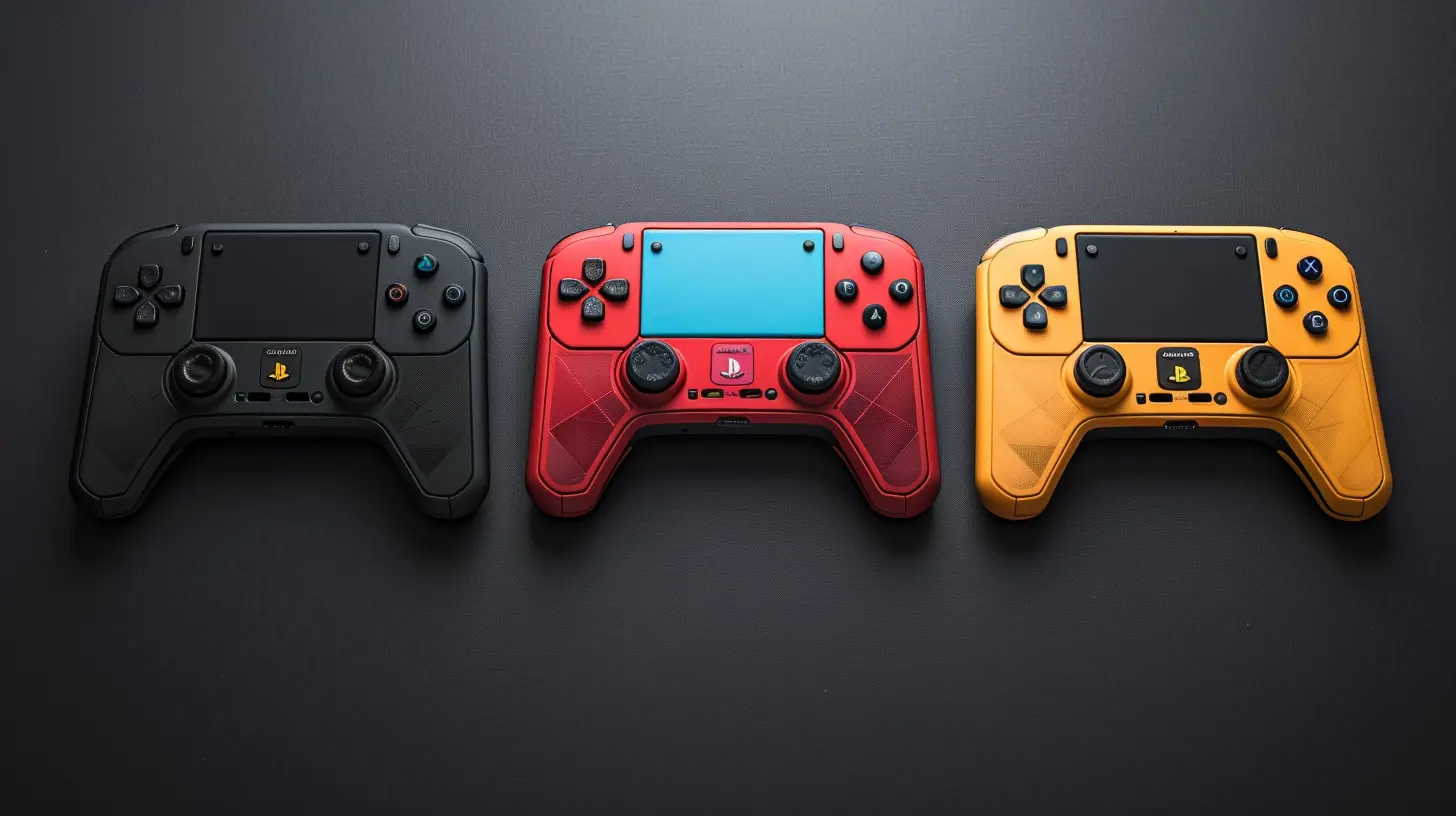
The Evolution of Portable Gaming: From Pocket-Sized Past to Handheld Powerhouses
Let’s rewind the clock just a bit.Remember the Game Boy? That chunky, gray rectangle with a greenish screen and two purple buttons? It was revolutionary in the '90s, but compared to even your smartphone today, it's practically a dinosaur.
Fast forward to today, and we're playing high-definition, open-world games on the go. Portable consoles have come a long way—heck, some even run full PC games.
Milestones in Portable Gaming Evolution
- Game Boy (1989): The OG. Simple, clunky, but legendary.- PlayStation Portable (2004): Tried bringing console-quality gaming to your hands.
- Nintendo DS & 3DS Series (2004–2019): Innovated with dual screens and touch features.
- Nintendo Switch (2017): Blurred the lines between home console and handheld.
- Steam Deck (2022): Basically a gaming PC you can carry.
So, what's changed? Power. Graphics. Battery life. Game libraries. Pretty much everything.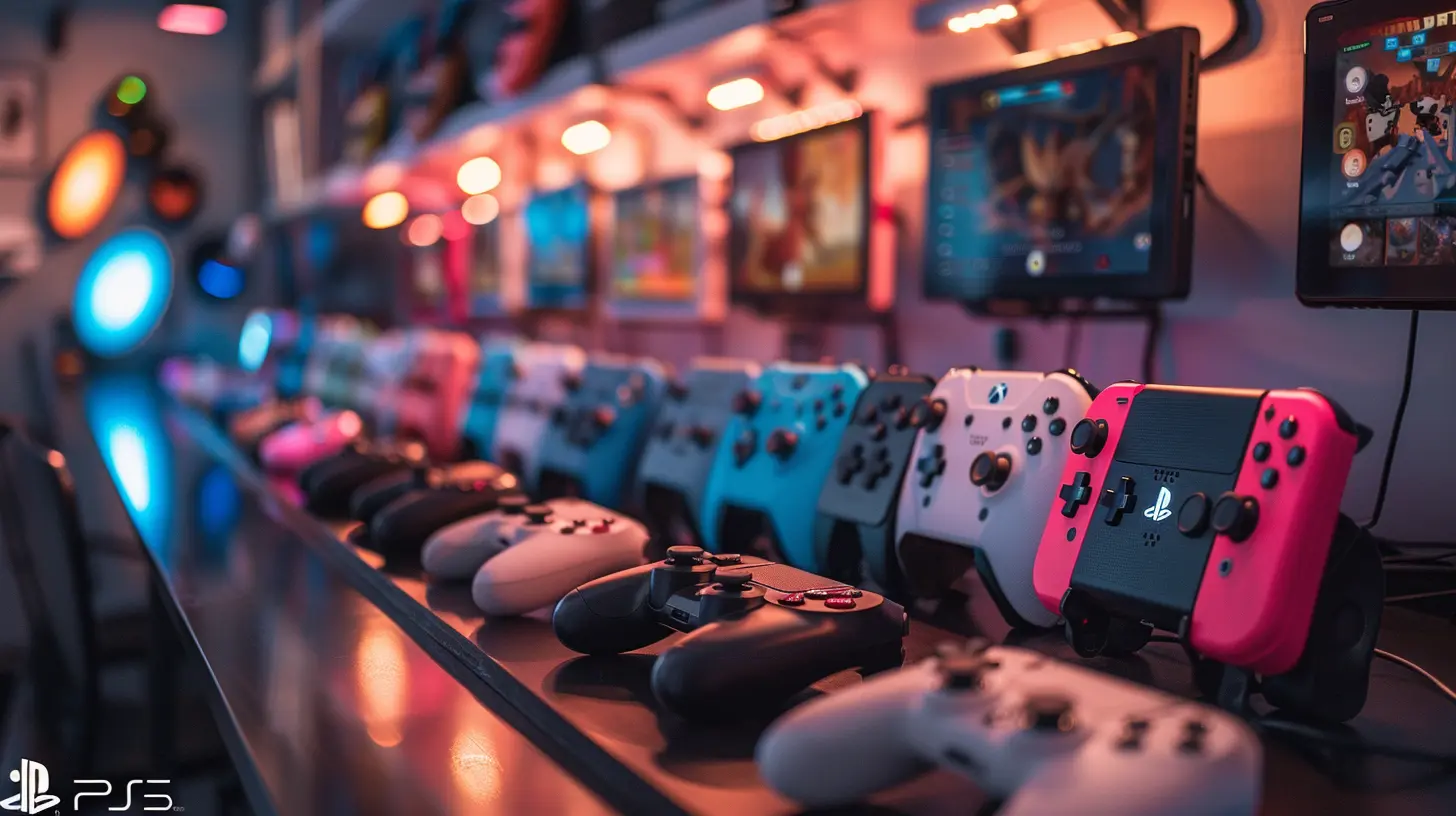
What Makes a Console “Big” in the First Place?
Before we talk about whether portables are catching up, let's have a quick reality check.When we say "bigger counterparts," we’re mostly talking about systems like the PlayStation 5, Xbox Series X, and high-end gaming PCs. These machines:
- Have beefy hardware
- Deliver 4K graphics at smooth frame rates
- Support ray tracing and super-fast load times
- Have massive game libraries
- Are usually plugged into your TV or monitors
Basically, they are the muscle cars of the gaming world. Portable consoles? Think sporty hatchbacks—quick, efficient, and increasingly stylish.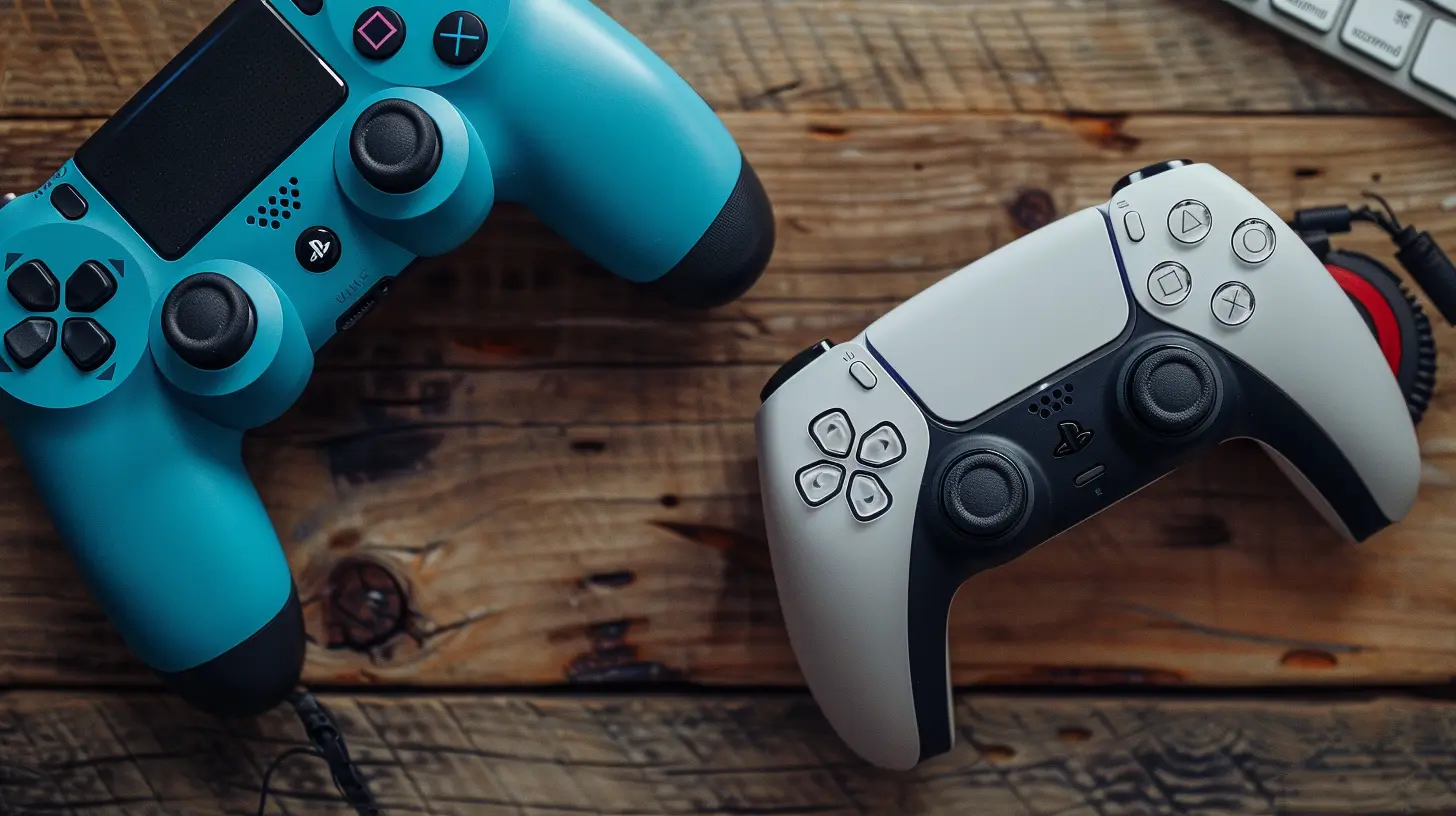
Performance: Can Portables Keep Up?
Let’s address the elephant in the room—raw power.Graphics and Processing
If we're being brutally honest, no, portable consoles don't yet match the graphical fidelity or processing muscle of a PS5 or an RTX-powered gaming rig. But here's the thing... do they need to?Take the Nintendo Switch, for example. It isn’t winning any hardware battles, but it’s crushed the console market with its versatility and killer game lineup. It's more about the experience than photorealistic detail.
Now, consider the Steam Deck—Valve’s answer to portable PC gaming. It runs full desktop games from your Steam library, and you can even install Windows on it. While it's not going to run Cyberpunk 2077 on ultra settings flawlessly, it runs it well enough for on-the-go gaming. That's huge.
Battery Life Trade-offs
One of the major trade-offs that come with portability is battery life. High-end gaming eats power like a kid munching popcorn during a movie marathon. So, to avoid turning your portable console into a very expensive paperweight in three hours, manufacturers have to scale things down.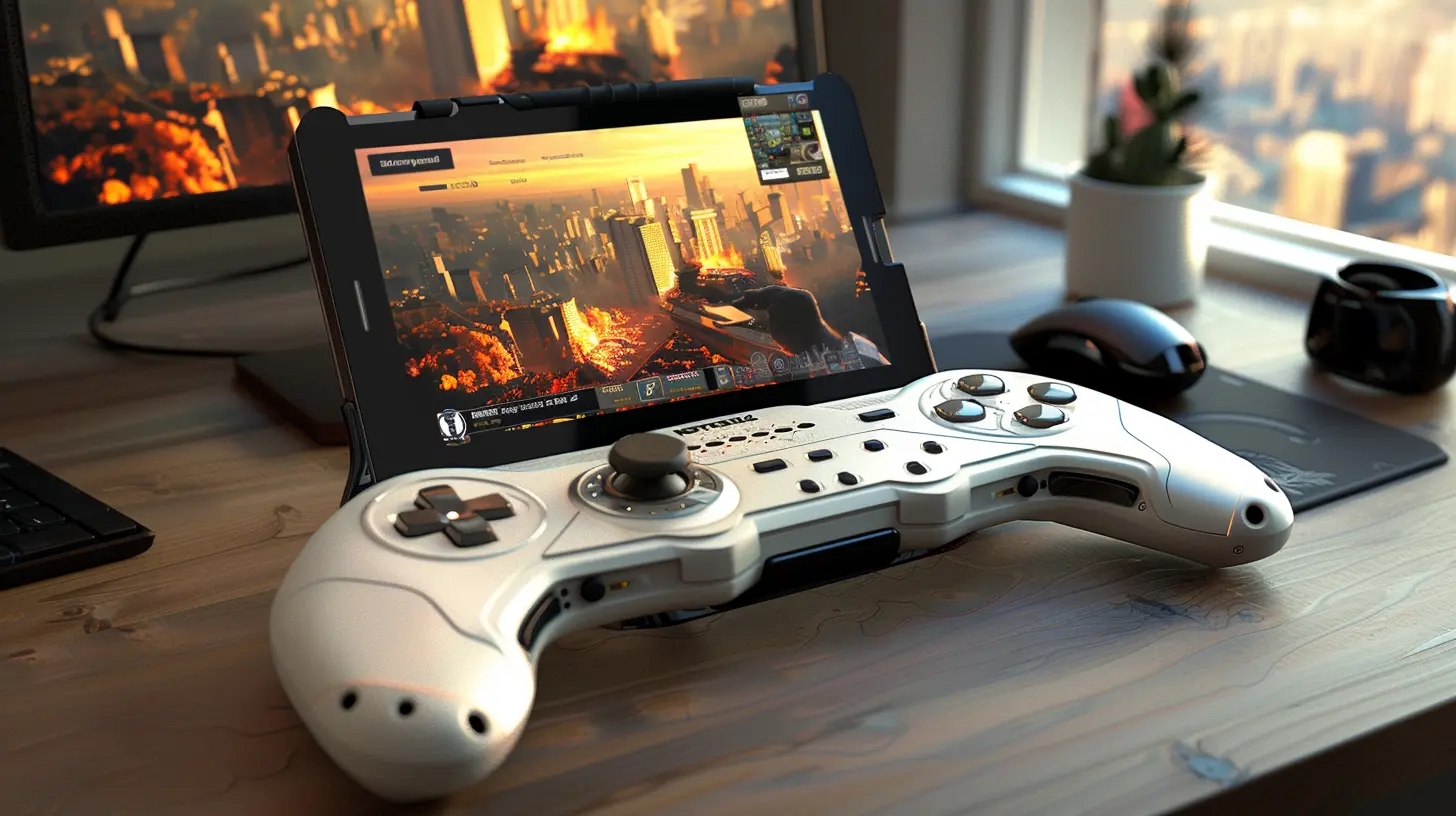
Game Libraries: Quantity vs. Quality?
The foundation of any console's success lies in its games.Exclusive Titles
Big consoles still hold the crown when it comes to exclusive, cinematic experiences. Titles like God of War: Ragnarok, The Last of Us Part II, or Halo Infinite are built to take advantage of serious hardware.But the gap is shrinking.
Nintendo’s exclusives—Zelda: Breath of the Wild, Animal Crossing, and Super Mario Odyssey—have legendary status. They're also portable. Meanwhile, the Steam Deck taps into your existing PC library. That’s thousands of titles in your backpack.
Indie Games Thrive on Portables
Here’s a twist—indie games actually shine on portable consoles. These games don’t require ultra-performance to be enjoyable, and many are tailor-made for shorter, handheld sessions.Think of games like Hades, Stardew Valley, or Hollow Knight. They’re perfect travel companions.
Ease of Use and Accessibility: Sometimes Less Is More
Let’s get real—it’s not always about performance.Setup? What Setup?
With a Nintendo Switch or a Steam Deck, you’re gaming within seconds. No 20-minute updates, no firmware checks, no clunky UI. Just click and play.Especially for casual or on-the-go gamers, that convenience is gold.
Portability in Daily Life
You can't drag your PS5 to a coffee shop. But a Switch? Slip it into a case and you're good to go.For busy people—students, commuters, parents—being able to grab 15 minutes of gaming here and there is a game-changer. (Pun totally intended.)
The Rise of Cloud Gaming: A Secret Weapon?
Ah, cloud gaming. The plot thickens.Portable Consoles + Cloud Gaming = Match Made in Heaven?
Services like Xbox Cloud Gaming, GeForce NOW, and PlayStation Remote Play allow you to stream console-quality games to your phone or handheld device. That means you’re not relying on local hardware horsepower anymore—just a good internet connection.Combined with portable devices like the Logitech G Cloud or even a smartphone clipped to a controller, you're kind of getting the best of both worlds: big-console power with portable convenience.
Of course, latency can still be an issue. But the tech’s improving fast.
The Community and Mod Culture
One thing that's often overlooked is the mod-friendly environment with some portable consoles, especially the Steam Deck.This is where portable PCs start to shine. You can:
- Install different game stores (Epic, GOG, etc.)
- Tweak graphic settings
- Run emulators
- Customize UI
- Mod games to your heart’s content
That level of freedom is something traditional consoles rarely offer.
What’s Holding Portable Consoles Back?
They’re impressive, yes. But they’re not perfect.Limitations
- Battery drain is still a big issue for high-performance handhelds.- Cooling systems struggle with keeping devices from frying.
- Storage limitations—most portables come with smaller SSDs.
- Price points can get surprisingly high. A high-end Steam Deck isn’t that much cheaper than a PS5.
- Ergonomics—Let’s be honest, playing for hours on a heavy handheld might leave your hands feeling like they arm-wrestled a gorilla.
So... Are Portable Consoles Catching Up?
Alright, let’s bring it home.Are portable consoles catching up to their bigger counterparts?
In many ways, yeah, they are.
No, they might not match the PS5's raw performance. But they're carving their own path—a blend of power, convenience, and flexibility that the big guys just can’t offer.
Think of it like this: home consoles are massive buff bodybuilders, lifting 500 pounds without breaking a sweat. Portable consoles? They're the lean, scrappy fighters—maybe not as strong but way more agile and versatile.
And in this day and age, versatility might just be the most powerful stat of all.
Final Thoughts: Picking the Right Tool for the Job
At the end of the day, it’s about what kind of gamer you are.- Want cinematic, high-fidelity experiences? Go big.
- Need something for on-the-go sessions or casual gaming? Portables win.
- Want a bit of both? Devices like the Steam Deck or Switch OLED might be your sweet spot.
One thing's for sure—portable consoles are no longer just sidekicks. They’ve stepped into the spotlight, and honestly? They’re killing it.
all images in this post were generated using AI tools
Category:
Gaming ConsolesAuthor:

Pierre McCord
Discussion
rate this article
3 comments
Parker Hernandez
This article raises important points about the evolution of portable consoles. It’s fascinating to see how technology adapts to our changing gaming needs. Whether for convenience or innovation, it's heartening to witness gamers finding joy in diverse formats. Thank you for sharing!
June 18, 2025 at 2:31 PM

Pierre McCord
Thank you for your thoughtful comment! I’m glad you found the article engaging and appreciate your perspective on the evolution of portable consoles.
Logan McKellar
Portable consoles are rapidly closing the gap with their larger counterparts, thanks to advancements in processing power, graphics, and gaming libraries. While they may lack some high-end features, their convenience and evolving capabilities make them a formidable and appealing option for gamers on the go.
June 15, 2025 at 5:03 AM

Pierre McCord
Absolutely! Portable consoles are indeed becoming increasingly competitive, blending convenience with impressive performance, making them a great choice for gamers who value mobility.
Lumen Roth
Portability enhances gaming; innovation drives equality.
June 10, 2025 at 4:39 PM

Pierre McCord
Thank you for your insightful comment! Indeed, portability not only enhances accessibility but also fosters innovation, leveling the playing field in the gaming world.
